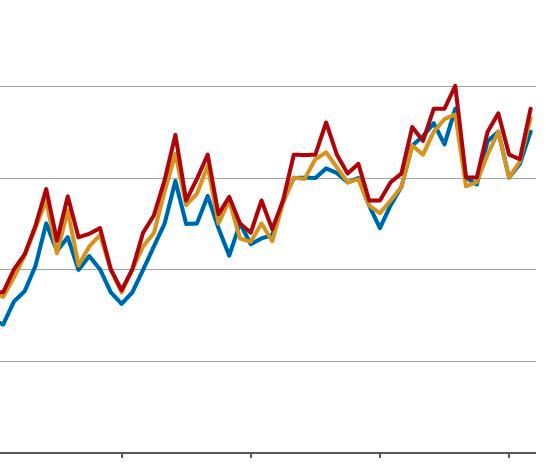We’re currently witnessing a housing market surge, which has raised concerns about the possibility of a housing bubble. Let’s delve into what a housing bubble is and whether we might be experiencing one:
- Definition of a Housing Bubble: A housing bubble occurs when residential real estate prices sharply rise due to factors like demand, speculation, and exuberant spending. This surge creates an expectation of future price growth, attracting new buyers and speculators hoping to profit. However, it’s a temporary condition that can eventually lead to a collapse123.
- Causes of a Housing Bubble:
- Increased Demand: Bubbles often start with a surge in demand when supply is limited.
- Speculation: Speculators pour money into the market, further driving up demand.
- Investment Inflows: Factors like excess liquidity and deregulated real estate financing can contribute.
- Mortgage-Based Derivatives: Extreme forms of mortgage-based products can impact home prices1.
- Impact and Duration:
- Housing bubbles affect people across classes and neighborhoods, impacting the overall economy.
- They can force homeowners to seek ways to pay off mortgages or dip into retirement accounts.
- Interestingly, housing bubbles tend to last twice as long as equity bubbles1.
- The Mid-2000 U.S. Housing Bubble:
- The infamous U.S. housing bubble in the mid-2000s was partly linked to a technology sector bubble.
- It directly contributed to the financial crisis of 2007-20081.
While signs of a housing bubble exist, it’s essential to monitor market conditions and policy responses to assess the situation. Remember, bubbles are temporary, but their impact can be far-reaching.



